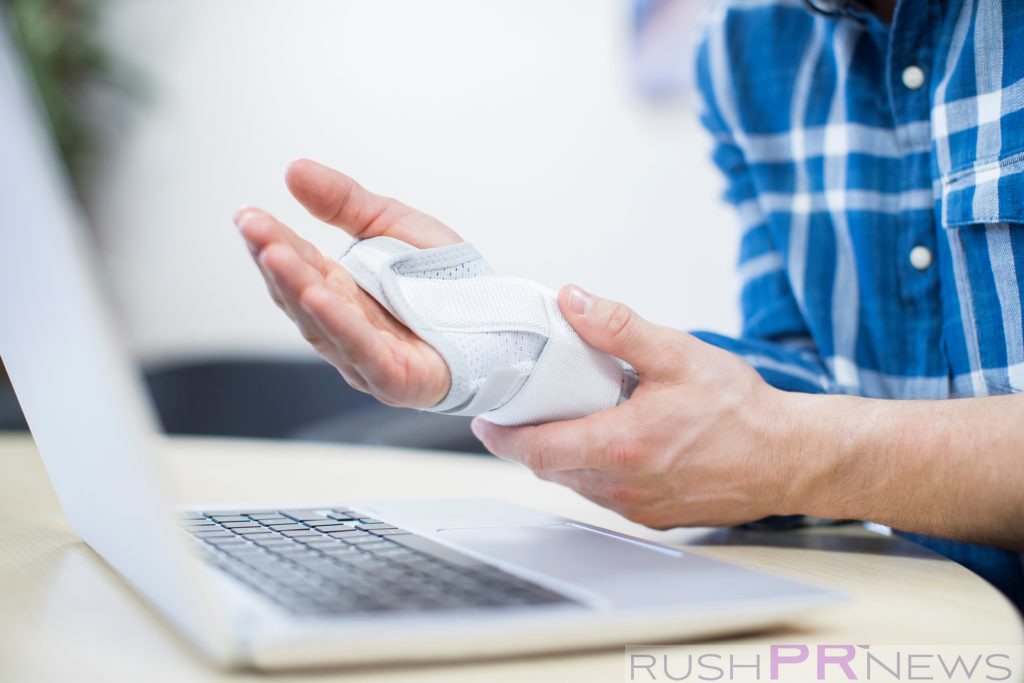Notice: WP_Theme_JSON_Resolver::get_user_data(): Error when decoding a theme.json schema for user data. Syntax error in /home/rushprnewscom-328/public_html/prod/wp-includes/functions.php on line 6121
Ever heard of the condition called lateral epicondylitis? This condition sounds scary, but lateral epicondylitis is the medical term for tennis elbow. Common injuries like tennis elbow are still very real conditions for those who suffer from them. Luckily, they can be prevented.
Recognizing Risk Factors
If you play sports, you might already be at risk for repetitive strain injury, or RSI for short. Repetitive motions like swinging a racket at a tennis ball, or pedaling a bicycle can cause this condition to develop.
Any activity that requires repetitive physical tasks could lead to RSI. It’s important to look out for the symptoms. Luckily, when caught early on, RSI can often be fixed by taking a break from the motion that caused the strain. In the meantime, it can be managed with OTC pain-killers and even massage therapy.
Work-Related RSI
Sometimes, you can develop an RSI while sitting down. It doesn’t just affect the elbows of golfers or shoulders of baseball pitchers. People who work in an office setting often develop carpal tunnel syndrome. Carpal tunnel is an RSI that can be caused by poor posture and positioning at a computer.
Think a smartphone is a safe alternative? Not always De Quervain’s Syndrome is a strain injury that can be brought on by too much texting. No matter the screen you’re in front of, it’s important not to overdo it.
Physical labor carries its own risks for RSI. Construction, landscaping, and loading are all examples of jobs that put repetitive strain on the body. In these cases, it’s usually not isolated to a single body part. The back, legs, neck, and shoulders can all be affected.
Jason D. Mills & Associates website mentioned that on the job repetitive strain injuries could entitle you to compensation. If your RSI prevents you from working, it’s important to recover lost wages and medical expenses.
Prevention is Best
There are several treatments and therapies available if you’ve suffered an RSI. But you can also take precautions to prevent them. Good posture at your desk and frequent breaks are helpful if you have a desk job.
If your job is more physical, or you participate in physical activities, get to know your limits. Recognize the signs of strain, such as cramping and tenderness. At the first indication of an RSI, you should cease the activity that caused it, and rest for a minute or two.




